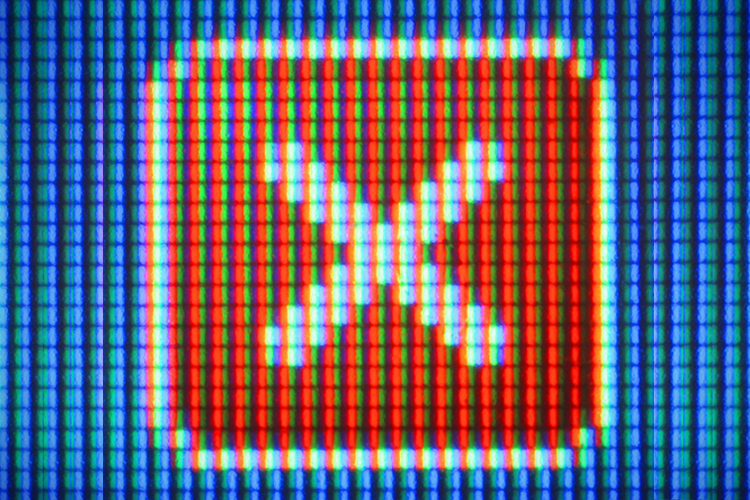I wanted to read about Elena Kagan on Slate, but I was interrupted by a pop-up ad. “We are launching a store,” declared the ad, an in-house promotion of Slate’s new emporium for “Slate-themed products.” This is something about which I care not one whit, so I clicked the close button. But instead of closing the pop-up and returning me to the Kagan story, Slate whisked me away to a page devoted to promoting the store: “We’re launching a store and you could win an iPad …”
Argh. I repeated this experience on two different computers, so it was no accident. And that’s bad. Really bad. Undermining the foundation of civilization bad.
The Web is full of all kinds of annoying and distracting advertising tricks, but the experience of having the close button fail to close something delivers a unique brand of torture. Since at least the debut of Windows 95, when Microsoft introduced that little x in the upper-right-hand corner, millions of people have been trained to believe that a click in that spot will promptly shut down the window (or Web page) in which it resides. It’s part of the indigenous culture of computing. X marks the spot for closure.
Of course, the promise of blessed cessation has always been a kind of fiction. We don’t know for sure what happens when we click the x. There is no law. Programmers can decide to have whatever action their wily hearts desire ensue. For years, security experts have warned that clicking the x on some pop-up ads will actually prompt those ads to start downloading a payload of malware. Back in the early wild west days of online pornography, rogue operators would try to generate traffic by programming their sites to respond to any attempt to close a window with cascades of new windows, launching a hall of mirrors from which there was no escape! Bill Gates may have trained us, like Pavlov’s dog, to expect a shut window after the x click, but there are no guarantees in the digital domain.
Which is, I guess, a good life lesson. Maybe Slate has done us a favor. When a legitimate online news site so blatantly perverts the sanctity of the close button we are reminded that, on the Web, all is confusion and uncertainty. We start to understand, at the gut level, that the digital world is smoke and mirrors. We take on faith that certain things will happen when we go through certain motions, but we have little power to ensure that is so. Clicking close opens new doors. Of course it does. To ever have thought otherwise is the purest vanity.
UPDATE: Slate editor David Plotz reports that the close button behavior I observed was an error, and it was fixed the same day I noticed it.

